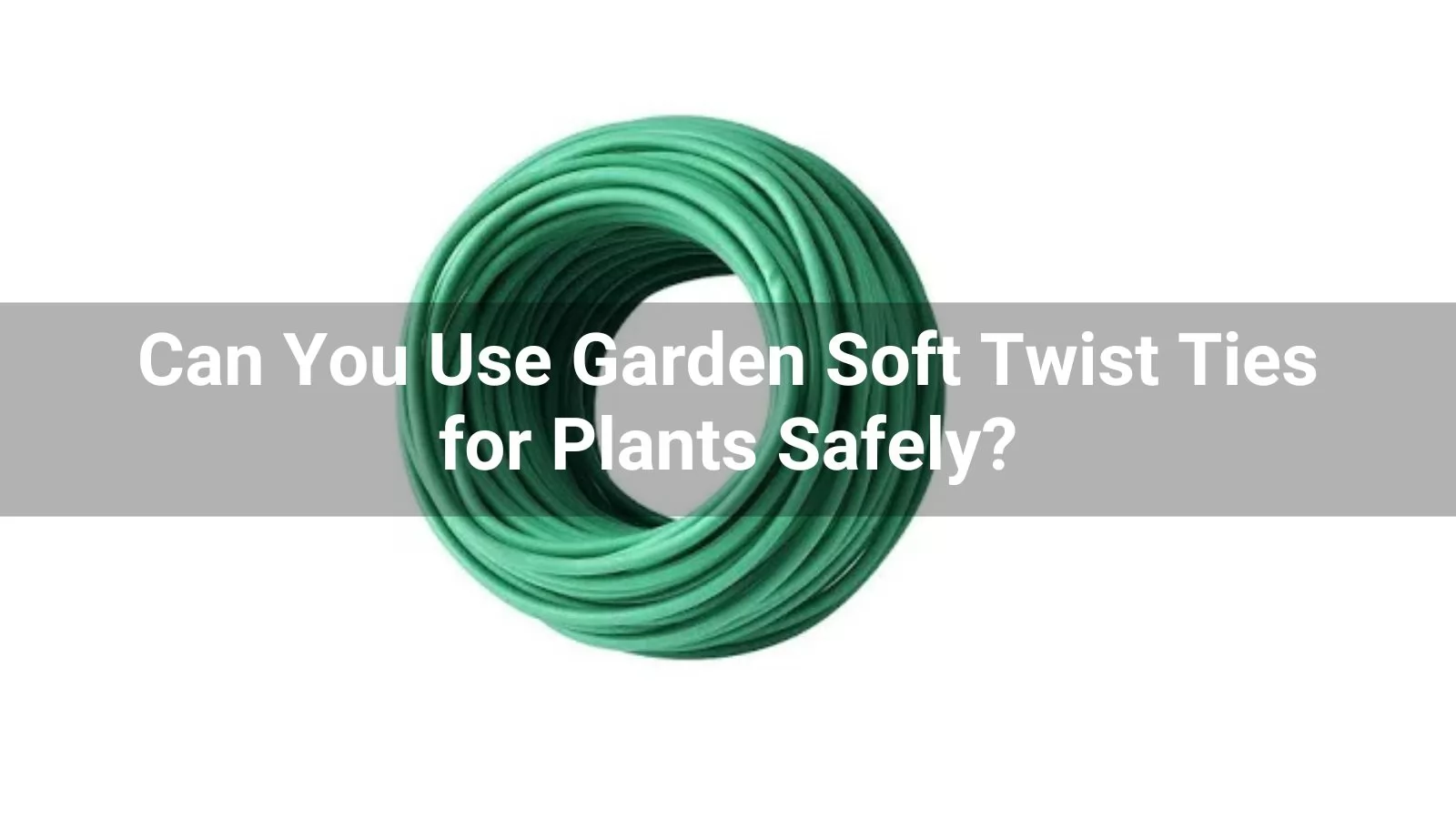
Gardeners often seek practical tools to support their plants, and soft twist ties have become a popular choice. At Linkwin, we frequently receive questions from customers about using garden soft twist ties for plants. With customization needs on the rise, ensuring these ties are safe and effective is key. So, can you use garden soft twist ties for plants safely? This article explores the essentials of their design, application, and safety considerations to help you decide.
Garden soft twist ties are flexible, cushioned ties designed to secure plants without causing damage. Unlike rigid wire or plastic ties, these are typically made from soft materials like rubber, foam, or coated wire, offering gentle support. They’re ideal for delicate stems, vines, or young plants, making them a go-to for gardeners in 2025.
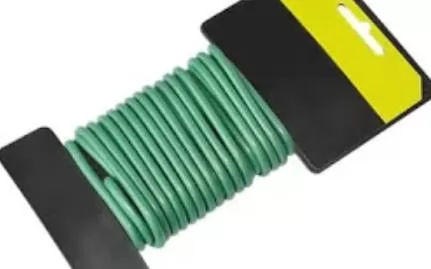
When choosing soft twist ties, understanding their purpose is critical. Are they safe for your plants? Let’s break down the factors that ensure their safe use.
The safety of Garden Soft Twist Ties begins with the materials used in their construction, each designed to protect plants while enduring outdoor conditions. Rubber-coated ties offer flexibility and weather resistance, making them an ideal choice for gardens exposed to the elements. For more delicate plants, such as tomatoes or roses, foam-padded ties provide extra cushioning to prevent damage to fragile stems. Alternatively, PVC-coated wire combines durability with a soft touch, striking a balance between strength and gentleness. These materials are typically plant-safe, minimizing the risk of cuts or abrasions. However, it’s best to steer clear of ties with exposed metal or sharp edges, as these can gradually harm stems. At Linkwin, we advise selecting Garden Soft Twist Ties with non-toxic, UV-resistant materials—check the product labels to ensure they’ll remain safe and effective across diverse climates for the long haul.

Even the best garden soft twist ties can harm plants if used incorrectly. Here’s how to apply them safely:
For example, when supporting climbing vines like cucumbers, loop the tie around a stake and gently secure the stem. This method ensures stability without compromising plant health.
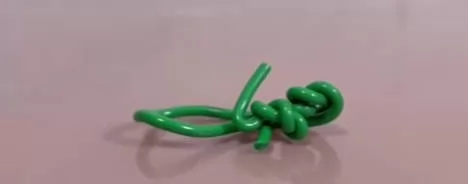
Not all soft twist ties are equal in strength. Marking the weight capacity on packaging helps gardeners choose wisely. Lightweight ties (e.g., 0.5-1 lb capacity) suit small herbs, while heavy-duty options (e.g., 5-10 lbs) work for fruit-laden branches.
Overloading a tie can snap it or stress the plant, so match the tie to your plant’s needs. For instance, a tomato plant heavy with fruit needs a sturdier tie than a young basil seedling.
Safety extends beyond the plant to the environment. In 2025, eco-conscious gardening is trending. Look for:
Poor-quality ties might break down, leaving debris in your soil. High-quality garden soft twist ties from trusted suppliers ensure safety for both plants and ecosystems.
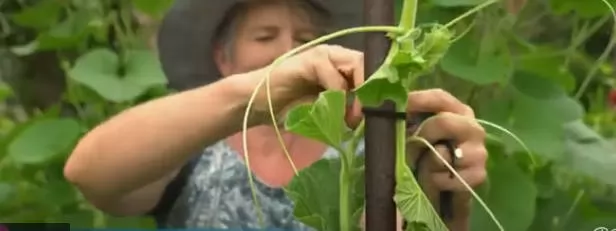
To maximize safety, consider these technical aspects:
We’ve seen cases where gardeners used stiff, low-quality ties, leading to snapped stems during windy days. Clear specifications from manufacturers (e.g., “suitable for stems up to 1 inch”) help avoid such issues.
Yes, garden soft twist ties can be used safely for plants when chosen and applied correctly. Opt for soft, durable materials, match the tie to your plant’s weight, and apply them with care. By following these guidelines, you’ll support your garden’s growth without risking harm.
Need more advice on gardening tools in 2025? Contact us at Linkwin for expert tips or to explore our range of plant-safe solutions!




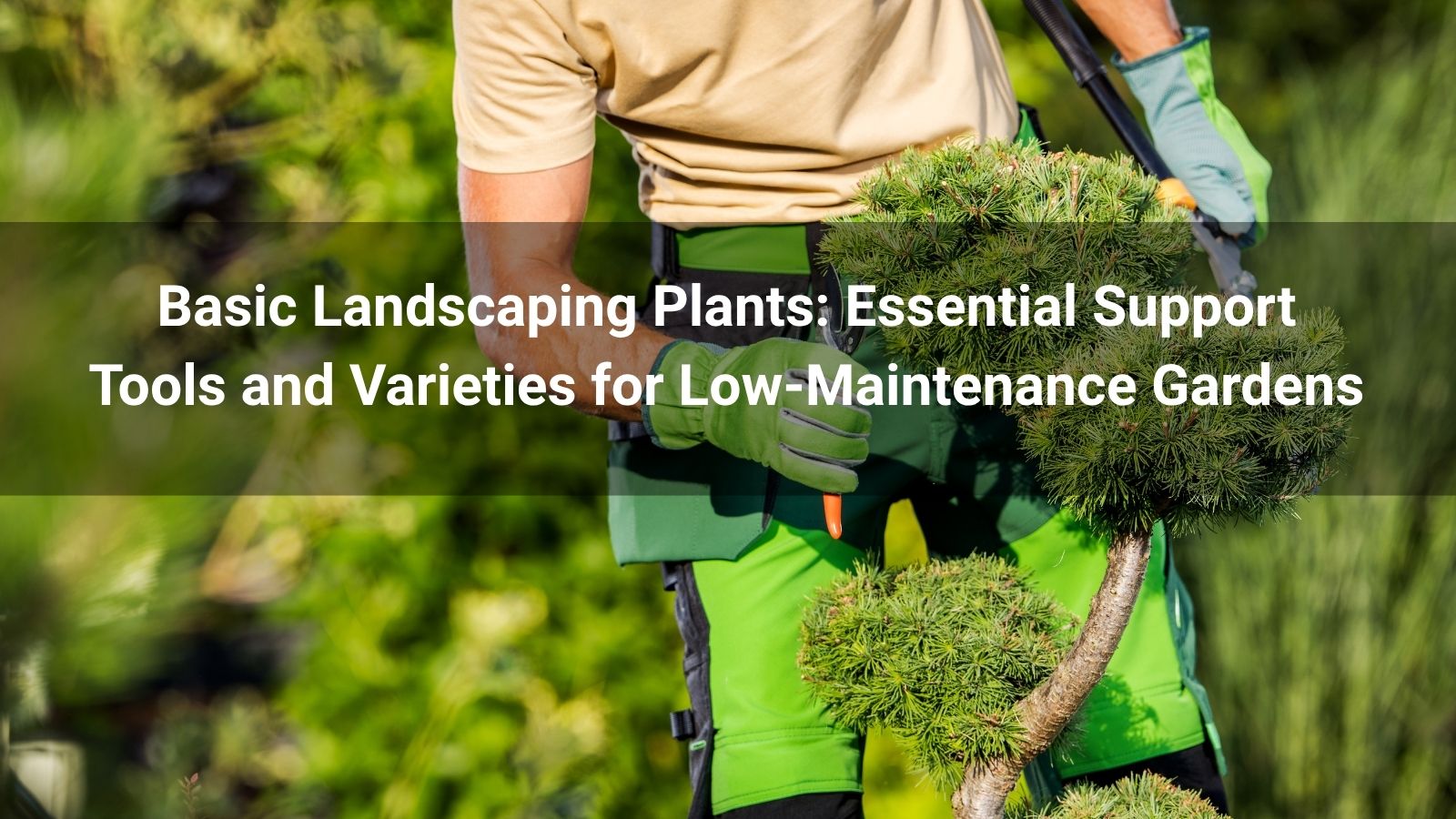

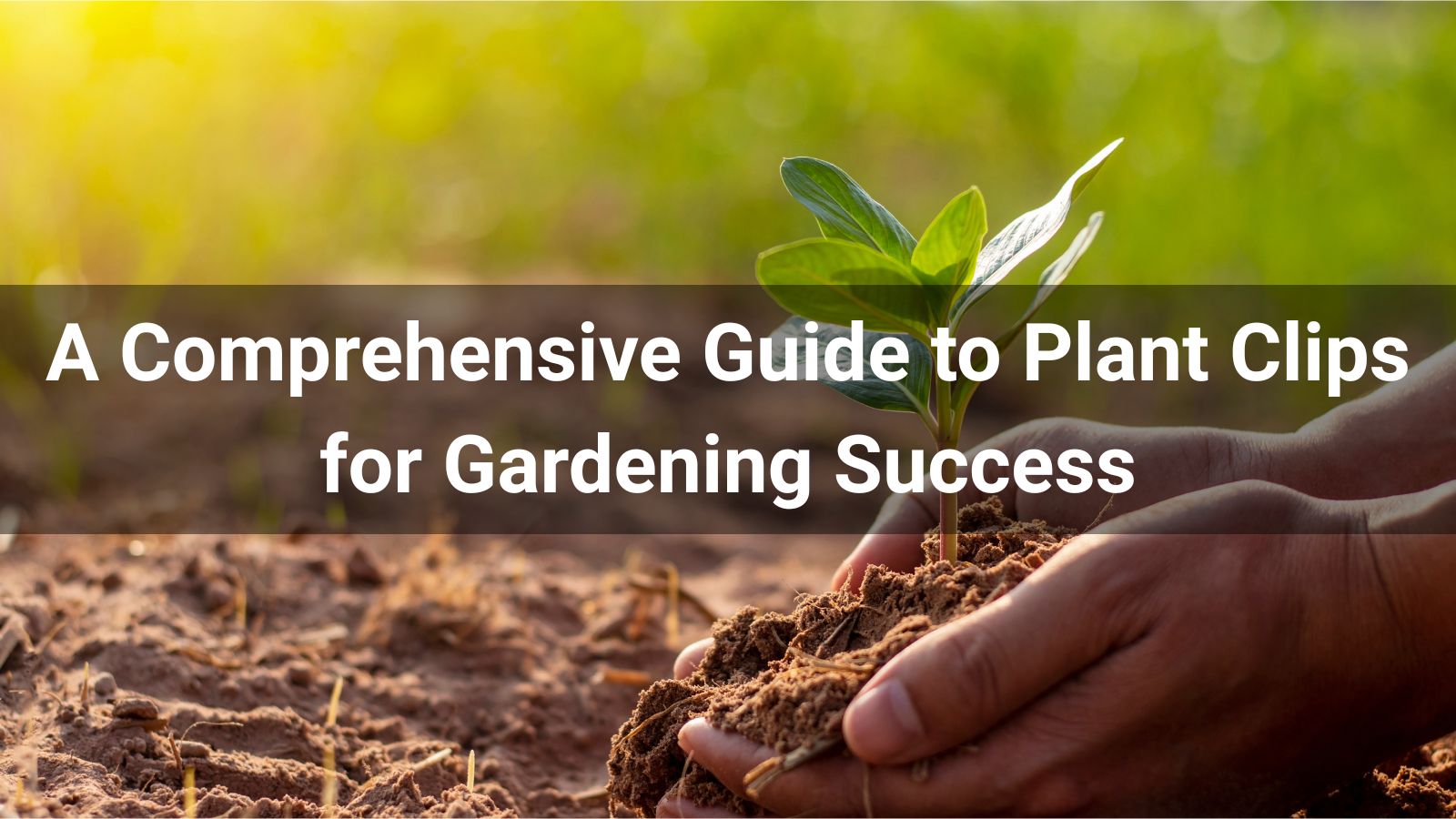




We use cookies to make the website work, to provide advanced features, social media and traffic analysis, and we use analytics and third-party advertising cookies. If you choose to click "Deny All", you will retain the default setting of not allowing the use of cookies or other tracking tools other than technical tools.



